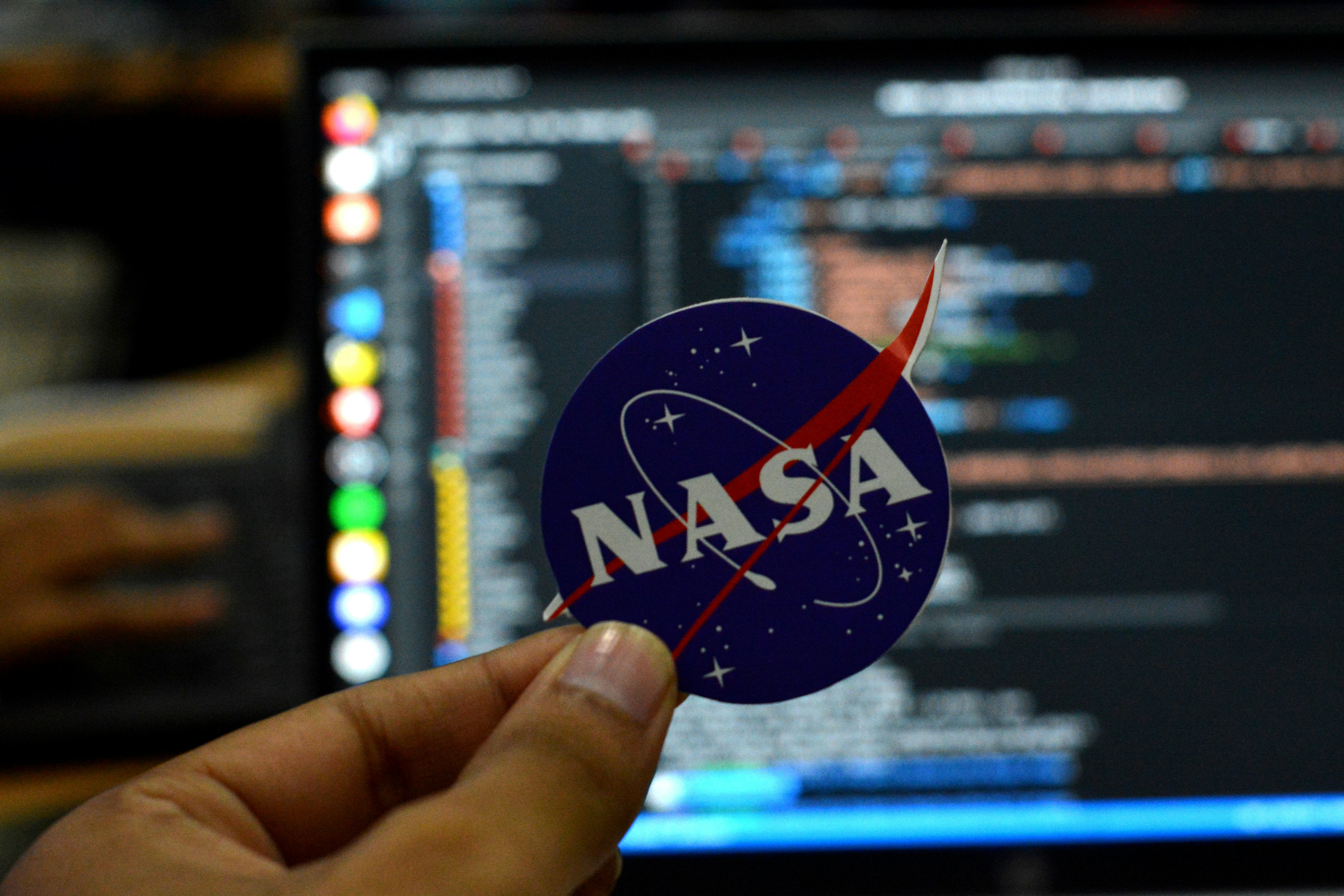
Main figures in the event of synthetic intelligence programs, together with OpenAI CEO Sam Altman and Google DeepMind CEO Demis Hassabis, have signed an announcement warning that the know-how they’re constructing might sometime pose an existential risk to humanity similar to that of nuclear warfare and pandemics.
“Mitigating the chance of extinction from AI ought to be a world precedence alongside different societal-scale dangers, similar to pandemics and nuclear warfare,” reads a one-sentence assertion, launched at present by the Middle for AI Security, a nonprofit.
The concept that AI would possibly develop into troublesome to manage, and both by chance or intentionally destroy humanity, has lengthy been debated by philosophers. However up to now six months, following some shocking and unnerving leaps within the efficiency of AI algorithms, the difficulty has develop into much more broadly and critically mentioned.
Along with Altman and Hassabis, the assertion was signed by Dario Amodei, CEO of Anthropic, a startup devoted to growing AI with a concentrate on security. Different signatories embrace Geoffrey Hinton and Yoshua Bengio—two of three lecturers given the Turing Award for his or her work on deep studying, the know-how that underpins fashionable advances in machine studying and AI—in addition to dozens of entrepreneurs and researchers engaged on cutting-edge AI issues.
“The assertion is a superb initiative,” says Max Tegmark, a physics professor on the Massachusetts Institute of Expertise and the director of the Way forward for Life Institute, a nonprofit targeted on the long-term dangers posed by AI. In March, Tegmark’s Institute revealed a letter calling for a six-month pause on the event of cutting-edge AI algorithms in order that the dangers might be assessed. The letter was signed by a whole lot of AI researchers and executives, together with Elon Musk.
Tegmark says he hopes the assertion will encourage governments and most of the people to take the existential dangers of AI extra critically. “The best end result is that the AI extinction risk will get mainstreamed, enabling everybody to debate it with out worry of mockery,” he provides.
Dan Hendrycks, director of the Middle for AI Security, in contrast the present second of concern about AI to the talk amongst scientists sparked by the creation of nuclear weapons. “We must be having the conversations that nuclear scientists had been having earlier than the creation of the atomic bomb,” Hendrycks stated in a quote issued alongside along with his group’s assertion.
The present tone of alarm is tied to a number of leaps within the efficiency of AI algorithms often known as giant language fashions. These fashions include a particular sort of synthetic neural community that’s educated on huge portions of human-written textual content to foretell the phrases that ought to observe a given string. When fed sufficient information, and with extra coaching within the type of suggestions from people on good and dangerous solutions, these language fashions are capable of generate textual content and reply questions with outstanding eloquence and obvious data—even when their solutions are sometimes riddled with errors.
These language fashions have confirmed more and more coherent and succesful as they’ve been fed extra information and pc energy. Probably the most highly effective mannequin created thus far, OpenAI’s GPT-4, is ready to resolve advanced issues, together with ones that seem to require some types of abstraction and customary sense reasoning.





